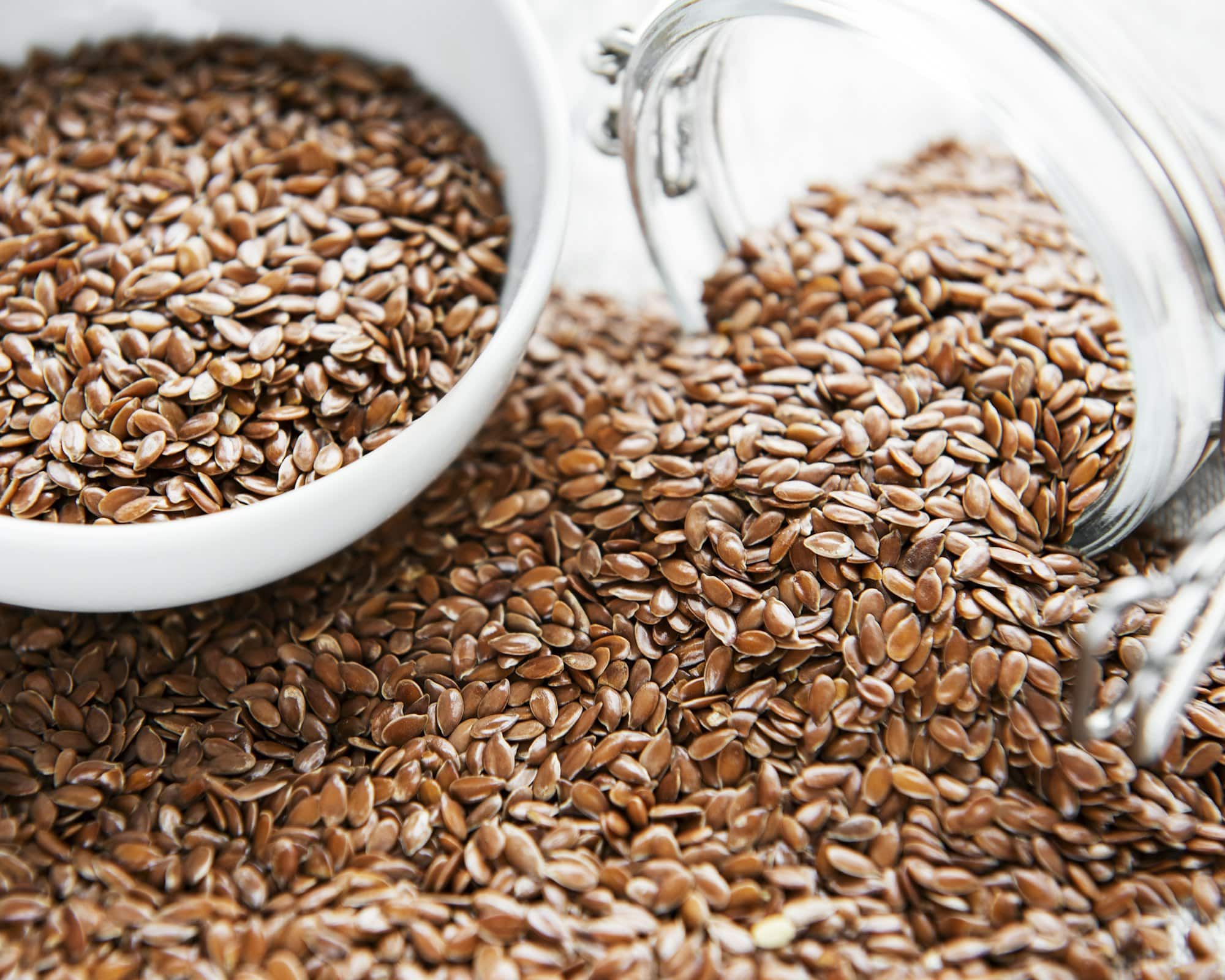Pregnancy can bring joy, but it often comes with digestive discomfort, especially during the first trimester. UK mothers-to-be may face nausea, bloating, and other gut issues that can overshadow this exciting time. By making targeted dietary tweaks, you can alleviate these troubles and promote overall well-being. This guide focuses on practical, effective changes to your diet, aiming to ease your digestive woes and help you enjoy your pregnancy journey to the fullest. Embrace these essential tips to foster a healthier, happier experience.
Understanding Digestive Troubles in the First Trimester
During the first trimester, many expectant mothers experience a range of digestive issues. These are common and can include nausea, bloating, and constipation. Such symptoms are often linked to the body's hormonal changes as it adjusts to pregnancy. The increase in hormones like progesterone can slow down digestion, leading to discomfort.
Also to see : Traveling Abroad in Your Third Trimester: Insights from UK Guidelines
Recognizing these digestive issues early is crucial. Understanding that these symptoms are a normal part of pregnancy can help in managing them effectively. For instance, nausea, often referred to as morning sickness, can occur at any time of the day and may be triggered by certain smells or foods.
Addressing these digestive troubles involves simple lifestyle adjustments. Eating smaller, more frequent meals can aid digestion and reduce nausea. Staying hydrated is also essential, as it helps maintain digestive health and prevents constipation.
In the same genre : Exploring the Benefits of Art Therapy for Stress Management Among Pregnant Women in the UK
Moreover, discussing any persistent or severe symptoms with a healthcare provider is important. They can offer guidance and ensure that both the mother and the baby remain healthy throughout the pregnancy. Recognizing and managing these digestive issues not only alleviates discomfort but also contributes to a more enjoyable pregnancy experience.
Dietary Adjustments for Managing Nausea
Navigating nausea relief during pregnancy can be challenging, but certain dietary changes can make a significant difference. Incorporating specific foods into your diet can help alleviate nausea. For instance, bland foods like crackers and toast are gentle on the stomach and can be consumed as soon as you wake up to curb morning sickness. Ginger, whether in tea or as a supplement, is another effective option known for its soothing properties.
The timing and frequency of meals play a crucial role in managing nausea. Eating smaller, more frequent meals throughout the day can prevent your stomach from becoming too empty or too full, both of which can trigger nausea. Aim for balanced meals that include proteins and carbohydrates to maintain energy levels and reduce queasiness.
Staying hydrated is equally important. Dehydration can exacerbate nausea, so sipping on fluids like water, herbal teas, or electrolyte drinks can help. However, it's essential to choose safe beverages during pregnancy, avoiding those with high caffeine or sugar content. By making these dietary changes, expectant mothers can find relief from nausea and enjoy a more comfortable first trimester.
Identifying and Managing Food Sensitivities
In pregnancy, food sensitivities can become more pronounced, affecting dietary choices. Common intolerances include lactose, gluten, and certain additives, which may cause discomfort. Identifying these sensitivities is crucial for maintaining a balanced pregnancy diet.
Recognising Food Triggers
To pinpoint personal food triggers, keep a food diary. Record what you eat and any symptoms that follow. This can help identify patterns and specific foods causing issues. Consulting a healthcare professional for testing can further clarify intolerances.
Practical Tips for Avoidance
Avoiding irritants while ensuring proper nutrition requires strategic planning. Here are some tips:
- Substitute problem foods with alternatives. For instance, lactose-intolerant individuals can choose lactose-free milk or plant-based options.
- Read labels carefully to avoid additives and allergens.
- Experiment with cooking methods. Sometimes, the way food is prepared can reduce sensitivity.
Maintaining a nutritious pregnancy diet is possible by focusing on whole foods and diverse ingredients. Incorporating a variety of fruits, vegetables, lean proteins, and whole grains can help meet nutritional needs without triggering sensitivities. This approach supports both maternal health and baby's development.
Meal Ideas and Snack Suggestions
Exploring healthy meals and snack ideas can make pregnancy more enjoyable, especially when dealing with digestive issues. Embracing elements of UK cuisine offers comforting flavours and familiar ingredients.
Quick Breakfast Options
Start your day with simple yet nutritious choices. Opt for porridge topped with berries, rich in fibre and antioxidants, to soothe digestion. Alternatively, whole grain toast with avocado provides healthy fats and energy. These options are quick to prepare and gentle on the stomach, ideal for busy mornings.
Nutritious Lunch Ideas
For lunch, consider a hearty vegetable soup using seasonal UK produce like carrots and parsnips. Pair it with a whole grain roll for a balanced meal. Alternatively, a chicken and quinoa salad offers protein and essential nutrients, supporting both mother and baby's health.
Satisfying Snacks for Between Meals
Snacking smartly can help manage hunger and cravings. Try oatcakes with hummus for a fibre-rich option or a handful of nuts and dried fruit for a quick energy boost. These snacks are easy to prepare and carry, making them perfect for on-the-go nourishment while respecting digestive comfort.
Expert Insights and Resources
Navigating digestive health during pregnancy can be challenging, but health guidance from trusted sources can provide clarity. Consulting with pregnancy experts like dietitians and obstetricians is crucial for personalized advice. These professionals can tailor recommendations based on individual needs, ensuring both mother and baby receive proper care.
Nutritional advice plays a pivotal role in managing digestive issues. Dietitians often recommend a balanced diet rich in fibre, which aids digestion and alleviates discomfort. Incorporating fruits, vegetables, and whole grains can be beneficial. Obstetricians may also advise on safe supplements to support overall health and address specific deficiencies.
For further reading and support, several resources are available. Books and online platforms offer comprehensive insights into pregnancy nutrition and digestive health. Engaging with reputable websites dedicated to maternal health can also provide valuable information and community support.
Remember, while general advice is useful, each pregnancy is unique. Regular consultations with healthcare providers ensure that dietary and health strategies are tailored to individual circumstances. This personalized approach not only enhances well-being but also fosters a positive pregnancy experience.
















